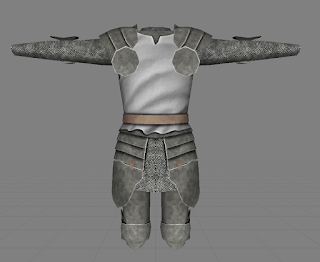On Teaching Styles and Homework:
When
talking to my fellow teachers about my opinions on homework and education I
tend to compare teaching to magic. There
are many types of teachers and magicians; the same can be said for the styles
employed by both. Some of these styles
involve the issuing, revising, and consideration of homework.
Personally,
I don’t believe in homework. I have a
few reasons to defend, what seems at times, like an indefensible position. I currently teach in a country that measures
a teachers effectiveness by the amount of homework that they issue, as
artifacts of work that took place in the classroom.
I
like for all of the teaching and learning to take place up close and in my
hands. I know what the student sees,
what they hear, and I can monitor their responses. Students need to interact with education and
learning to question and understand complexities. Up-close magic is always more impactful,
especially as we age.
After
I have done a little magic in the classroom, I am expected to give homework, I
give each child a deck of magic cards… then expect them to go home and
reproduce the same results they had while working with me. This will have three predominant outcomes.
1) The student goes home, opens up the deck of cards, and reproduces the trick without fault. The student feels good about themselves being able to reproduce the trick.
1) The student goes home, opens up the deck of cards, and reproduces the trick without fault. The student feels good about themselves being able to reproduce the trick.
2) The student goes home, opens up the deck of
cards, and fails to reproduce the trick.
The student has negative feelings associated with the inability to do it
on their own.
3) The student goes home, opens up the deck of
cards, and thinks they have reproduced the trick properly when they really
haven’t. This will cause the student to
do it incorrectly for the rest of their natural born life, and while they
temporarily have good feelings they are contrasted heavily with the negative
feelings that follow.
When
teachers assign homework, they need to then check for mastery. Classroom time is already stunted and the
checking can range from going over the work with a yey or nay to full on
explanations of the mistake. However,
incorrectly answered questions are evidence of compromised learning and needs
to be addressed. The most common way for
this dichotomy to work is to teach half a lesson because the other half is
spent re-teaching. Those who don’t want
to sacrifice the time simply forge ahead leaving other students behind.
The
most common argument for this is that by teaching them perfectly the first time
causes all students to succeed equally well and move on at the desired
instructional pace. However, anyone who
says that don’t understand the nature of people… much less children. So, what solution do I propose? Honestly, I have none. For every stakeholder in education there are
a dozen critics. However, if giving homework is your method,
it is important to be clear that it follows a guided practice and students are
as well-equipped as possible before trying to independently apply knowledge. Should you not have the resources to properly
address the proper monitoring of acquired knowledge then as an educator, you
should perhaps find a better method of assessment and repair.























































